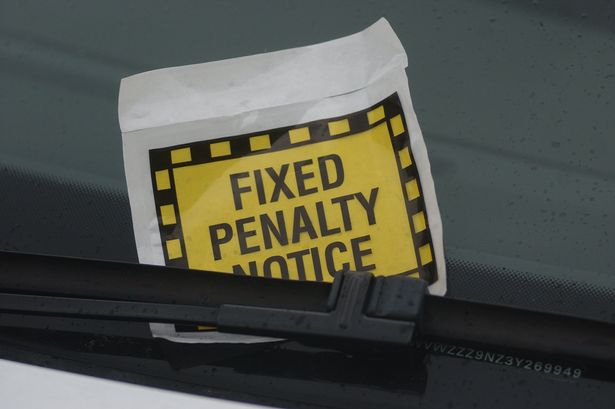Parking tickets are a fairly common occurrence for UK drivers – in 2017, nearly 6 million drivers were given one.
Parking restrictions can often be hard to gauge, especially if you’re in a rush or you’re in an unfamiliar area – in a survey we conducted in 2017, more than 1 in 5 AA Members given parking tickets didn’t know they’d done anything wrong at the time.*
Prevention is better than cure, so here are some easy ways to make sure you stay on the right side of the traffic warden, or private car park operator.
- Park within a marked bay: Make sure that both sets of wheels are within the lines and you’re fully within the bay.
- Read the signs/terms of business and conditions carefully: Whether you’re in a council-run multi-story or a private car park, there will be signs explaining when and how you should park. On many roads there’s no restriction on parking – beyond the basic safety rules in the Highway Code – but where parking is restricted, bear in mind you may have to walk a little to check signs.
- Don’t park on double yellows, and check signs carefully for restrictions on single yellows.
- Don’t assume Bank Holiday parking restrictions are the same everywhere: Just because council car parks in your local town offer free Bank Holiday parking doesn’t mean those in a neighbouring town will too. Car park signs should make it clear whether charges apply on Bank Holidays or not.
- Always pay: Having no change isn’t an excuse; lots of car parks now allow you to pay for parking with a credit or debit card.
- Take care when using machines which need you to key in your registration – don’t mistake zeros for ‘O’s, and vice versa – the letters and numbers on your ticket need to exactly match your registration.
- Make sure your ticket is clearly displayed: If you’re leaving your ticket on the dashboard, make sure it’s displayed clearly so that a parking warden can read it easily from outside.
- If you’ve left it on the top of the dashboard, check that it’s still visible after you’ve shut the door.
- Set an alarm on your phone or add a reminder using the AA App: Give yourself plenty of time to get back to your car before your time runs out.
- Assume nothing. Even if other cars aren’t displaying tickets, search for signs and make sure you’re not falling foul of any local restrictions.
- If you use a Blue Badge, don’t assume that disabled parking is always free.
- Don’t drop people off at bus stops: You should never stop in any part of the road within bus stop markings unless you are in the flow of traffic or there are signs stating that waiting restrictions are limited and you are stopping outside of those restricted hours.
- Avoid restricted parking: Unless you are entitled to do so, don’t park in spaces reserved for specific groups like residents, motorcycles or Blue Badge holders.
What’s a penalty charge notice (PCN?)
A penalty charge notice is the most common kind of parking ticket, often issued by a local authority parking attendant and is issued by those (most) local authorities where parking is treated as a civil rather than a criminal offence.
What’s a fixed penalty notice (FPN)?
Fixed penalty notices are usually issued by the police, and are dealt with through the criminal justice system. Examples of behaviours which will land you with a fixed penalty notice include speeding, traffic light offences, and making restricted turns. FPNs are still issued for parking offences in a few areas where the local authority doesn’t have civil parking enforcement powers.
What’s a parking charge notice?
Parking charge notice tickets are issued on private land. Privately owned car parks can set their own rules – if you break them, you could be issued with a ticket.
How to appeal a parking ticket
If you believe you’ve unfairly been given a parking ticket, you can appeal it. Citizens Adviceoffers clear guidance to anyone who wants to appeal a fine.
*AA Populus research from July 2017 – Penalties and Paying for Parking







